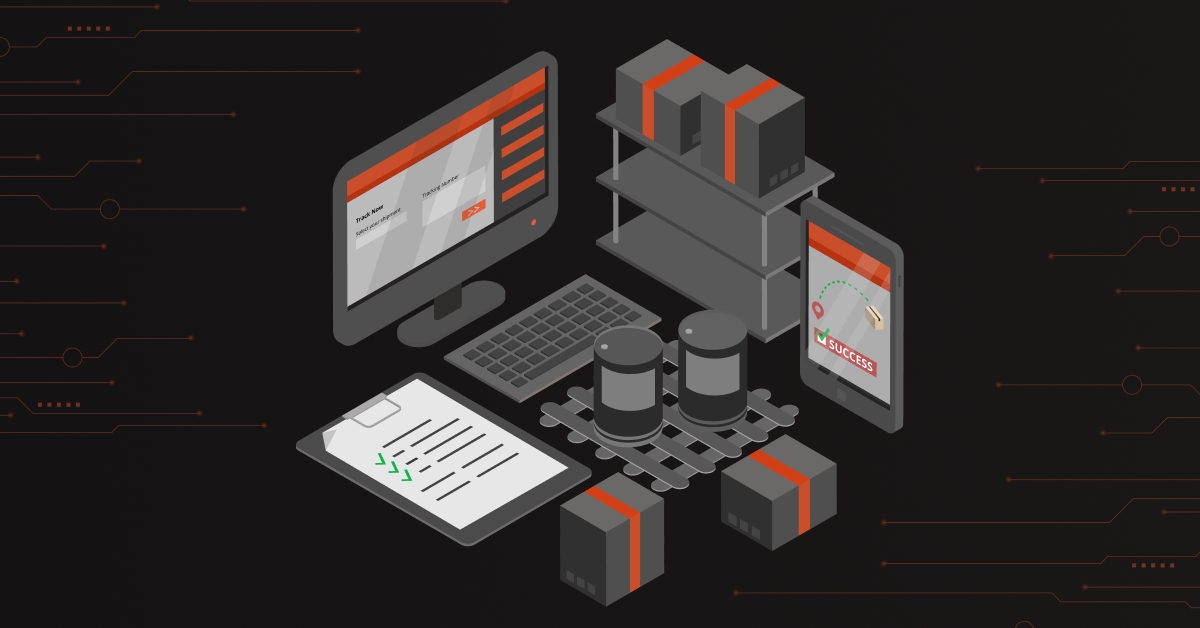Healthcare is a vast ocean in itself. In the United States, healthcare management is a collective effort with multitudes of applications such as Benefit Management System, Insurance Provider Software, and a host of other tools. Keeping all these applications in SILOs means a lot of organizations have difficulty working with data, as it is often in patches and in different places. Moreover, with the rise of several disease management programs, this reinstates the importance of synchronizing these systems and creating a centralized product system.
Contents
Creating a Centralized Product System Using DCKAP Integrator
Today, most Healthcare providers need a Centralized product system where they can store all the various Healthcare products they offer and the benefits related to each of the products. If this information is stored in multiple applications, then this will lead to creating multiple feeds to send the benefits data to internal and external users. Furthermore, this will create data redundancy and data quality issues.
Since the benefits data is critical, sending incorrect benefit data will create issues for members, providers, and other internal and external users. In order to overcome these issues, DCKAP Integrator can be leveraged and will act like a Centralized Product system. DCKAP Integrator can be easily configured to any Benefit systems via API or database (batch mode). DCKAP Integrator can extract the benefits and transform it based on a needed basis. DCKAP Integrator can provide real-time benefit responses to Provider or Member or Customer service inquiries by looking up various benefit systems and providing the outcome at a high level and/or detail level.
DCKAP Integrator can also feed on a batch mode to any internal applications or external vendors. This way, it will avoid data redundancy and data quality issues. DCKAP Integrator can also support complex benefits like multi-tier benefits within the product. DCKAP Integrator will reduce the cost of implementing the benefit changes across the applications (since it will act like Centralized Product system and the user can make a change to the Source system and DCKAP Integrator can update the same to the downstream applications) and it will also help you avoid any implementation cost on sending the benefit data to new external vendors.
Supporting Care Management and Disease Management Program using DCKAP Integrator
Today, most large groups offer Care Management and Disease Management programs for their employees through Medical-Healthcare providers. By providing these programs to their employees, companies can make sure their employees will stay healthy and will reduce the cost of Healthcare. In order to support this program, Medical and Rx claim data along with Benefits and membership information needs to be sent to Nurses who can review the data and interact with the members and provide awareness and/or recommendations/suggestions on their medication.
Since most of this data will be stored in multiple applications, we can leverage DCKAP Integrator to extract the membership information, claims data and benefit details for these programs and view it in a centralized system. DCKAP Integrator can display the members in a 365 degree of claim experience and configured to provide all the first fill Rx transactions for certain chronic diseases. DCKAP Integrator can provide real-time benefit/claims responses to Nurses by looking up claim engine and benefit systems and provide the outcome in a high level and/or detail level.
DCKAP Integrator can also feed on a batch mode to any internal applications to support this program. DCKAP Integrator can also support complex benefits like multi-tier benefits within the product. DCKAP Integrator will reduce the cost of implementing this program even when the Rx Pharmacy Benefit Manager has been changed from one vendor to another for a particular group.
Conclusion
I hope you gained a brief understanding of the benefits of integrating all healthcare applications and synchronizing critical data, to be available on-demand any time for patients as well as the service providers. Please do share your thoughts about healthcare application integration, or if you have any questions related to integration for healthcare, in the comments section below.




